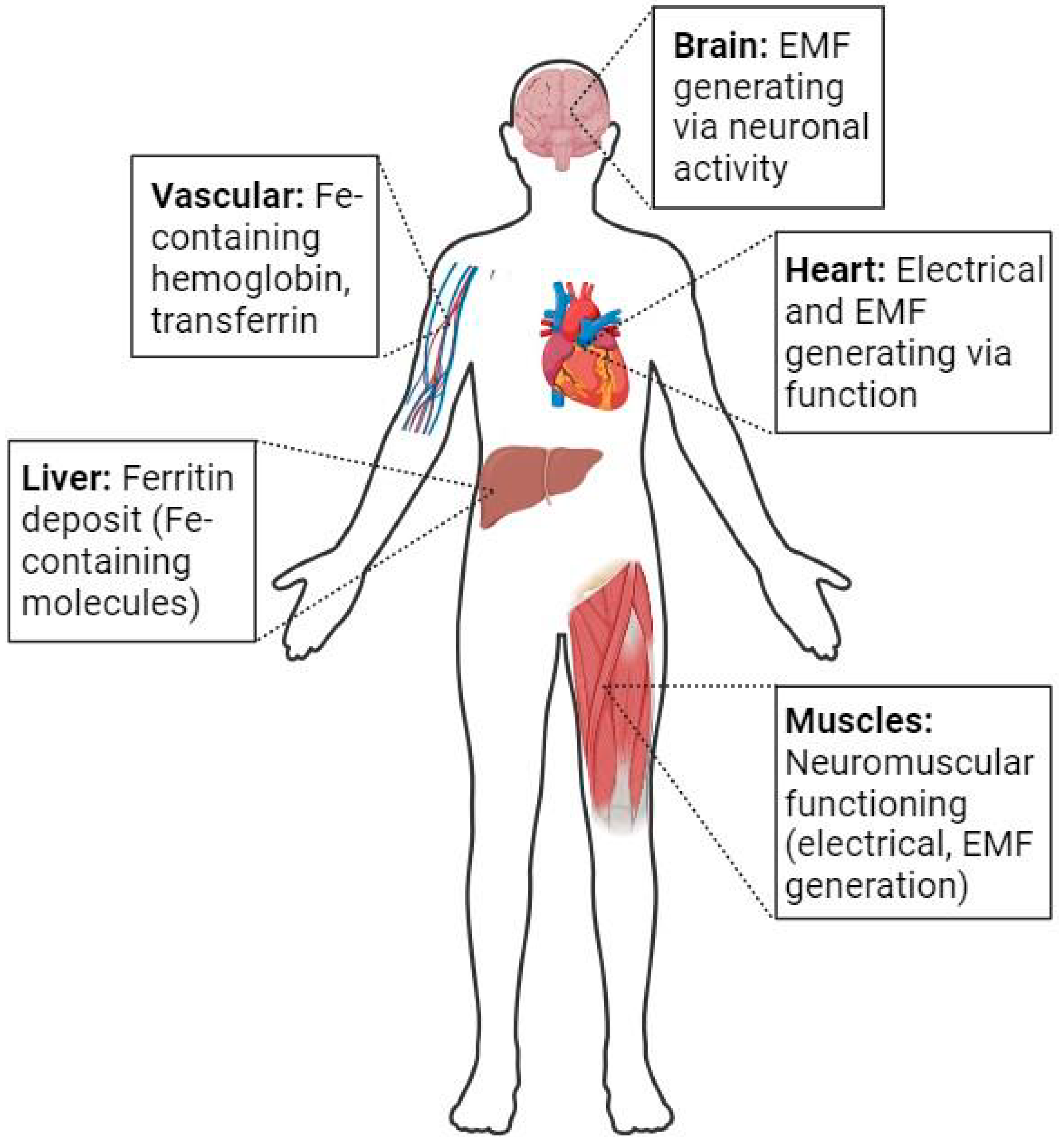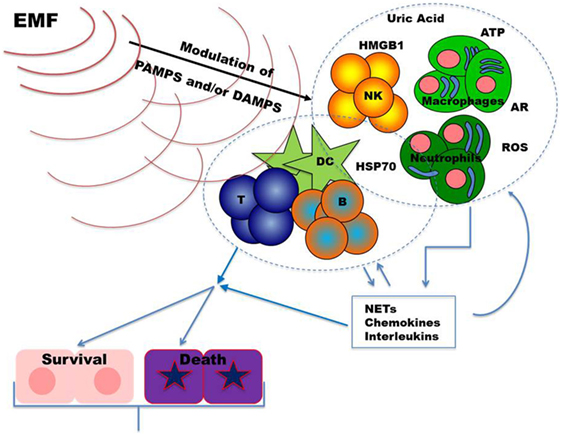Reference




Moonshot's Answer
Electromagnetic fields (EMFs) can have several effects on the immune system in women, as indicated by various studies. These effects include:
-
Allergic and Inflammatory Responses: EMFs can stimulate various allergic and inflammatory responses, which can disturb immune function and affect tissue repair processes 1.
-
Damage to the Immune System: Exposure to EMFs can cause damage to the immune system, and vitamin E consumption may help prevent ultrastructural alterations 2.
-
Disruption of Immune System Function: Research has indicated that exposure to magnetic fields (MFs) may disrupt immune system function 3.
-
Reduction in Cytotoxic Activity: High-frequency extremely low magnetic fields (ELMFs) can reduce cytotoxic activity in the peripheral blood of women without a dose-response effect 4.
-
Calcium Homeostasis Interference: ELF-EMFs may affect calcium homeostasis, which can interfere with cell function in different ways depending on the targeted cells 5.
-
Improvement in Immune Function: Resting on a bed insulated from EMFs for 2 months demonstrated an improvement in immune function, oxidative-inflammatory state, and biological age 6.
-
Integrated Response of Immune and Neuroendocrine Systems: Several studies have reported that immune and neuroendocrine systems exert an integrated response to EMF exposure 7.
These findings suggest that EMFs can have a range of effects on the immune system in women, from stimulating allergic and inflammatory responses to potentially reducing cytotoxic activity and disrupting immune function. It is important to consider these effects when evaluating the health implications of EMF exposure.
Follow Up
Related
Lý do chọn đề tài: chứng minh" nhận định hiệu quả kinh doanh bán hàng chỉ thực sự hiệu quả nếu tạo r
the Interaction Effects of Vermicompost and NPSB Fertilizer on Bread Wheat Yield Components Biomass
Which plants are effective in phytoremediation of cadmium and zinc?
What are hyperaccumulators and what pollutants can they absorb effectively?
For this privately held financial services company, a compelling journey of business transformation